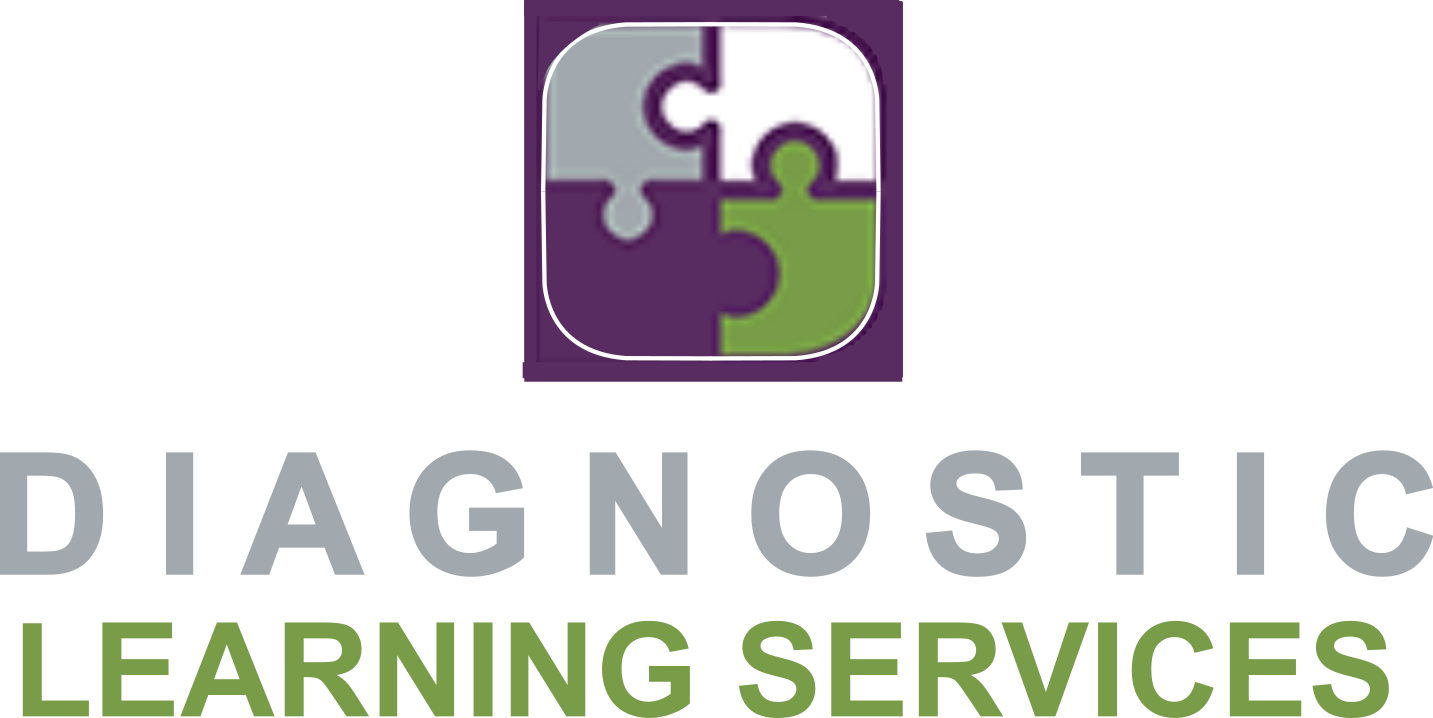Understanding Independent Educational Evaluations (IEEs)
In the world of education, one size rarely fits all. Every student possesses a unique set of strengths, challenges, and learning styles. Recognizing and accommodating these differences is key to fostering academic success. Independent Educational Evaluations (IEEs) can be a great tool for understanding and catering to individual needs.
What is an IEE: An Independent Educational Evaluation (IEE) is a private evaluation conducted by a qualified professional that assesses a child's educational needs. In some cases, the school may be required to pay for this evaluation.
Different from Private Evaluation: An IEE at public expense is different from a typical private evaluation because the school covers the cost. The evaluator is selected from an approved list of professionals who do not work for the school district.
Standards and Conditions: An IEE must meet the same standards as a school evaluation. This includes the credentials of the evaluator and the evaluation's location, which should be comparable to the school's standards. The school must inform you about these standards, but it cannot impose additional conditions or deadlines.
Legal Right to Request IEE: IDEA grants parents and guardians the right to request that the school pays for an IEE if they disagree with the results of the school's evaluation. There are various reasons you might request an IEE, such as believing the school's evaluation is inaccurate or incomplete.
School's Response to IEE Requests: The school may agree to pay for the IEE, but it can also contest the request. If the school believes an IEE is unnecessary, it must request a due process hearing to explain why its evaluation is correct. If it fails to prove this, it will be required to pay for the IEE.
Providing Explanations: While the school can ask you why you disagree with its evaluation, IDEA states that you are not obligated to provide an explanation. The school is also not allowed to cause unreasonable delays in scheduling and paying for the IEE.
Use of IEE Results: The school is required to consider the results of the IEE to ensure your child receives a Free Appropriate Public Education (FAPE). Additionally, the IEE results can be used as evidence in future due process hearings.
Sharing Evaluation Results: If you share outside evaluation results with the school, those results become part of your child's educational record. The school must consider these results but is not required to agree with them.
